2022-2023 Colloquia
October 10, 2022
Adrienne Lo
University of Waterloo
Ontologies of the sign: Positioning signs, speakers, and ideologies in research on language and race
The question of how to grapple with participants’ understandings of the world is one that is at issue in many corners of anthropology these days. Work on the ontological turn, materiality, and decolonializing epistemologies, for example, has explored how to reconcile various standpoints on beliefs, facts, and objects. In this presentation, I examine how the fields of linguistic anthropology and sociolinguistics have dealt with these issues. Drawing upon research in race and language in the US, I argue that our metasemiotic models are predicated on liberal notions of the sovereign speaking subject and the empirical sign, as separated and separable entities. I conclude with an exploration of some potential alternatives to these models, and discuss their implications for the study of language and social life.
November 14, 2022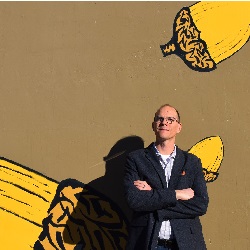
Tsim Schneider
University of California Santa Cruz
From Hinterland to Homeland: The Archaeology of Refuge and Recourse in Colonial California
This talk presents my ongoing archaeological, historical, and collections-based research examining Indigenous hinterlands as critical sites of refuge and recourse for California Native communities confronting periods of missionary, mercantile, and settler colonialism. After discussing places of refuge around the San Francisco Bay Area where Native peoples returned to distance themselves from colonial missions, the talk will then explore the rebuilding efforts of a Native community connected to a mid-1800s era trading post in western Marin County. The two projects are explored relative to other archaeological studies of colonialism within and outside of California, and to my continuing efforts to practice a more relevant and community-engaged archaeology of doing and belonging in Indigenous homelands.
January 23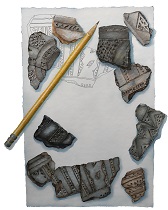
ZoË Crossland
Columbia University
Political affects and histories of craft practice in precolonial highland Madagascar
How might we access the affective work of politics in times and places where few historical texts exist? Outside of the narrow confines of contemporary politics, the crafting of politics has always taken place – at least in part - through and alongside the work of craft. Foregrounding the feelings associated with this craftwork offers a means to approach past affective configurations, and to trace how participation in these feelings can sustain or challenge particular political formations and actions. In this presentation I look at ceramic traditions in highland Madagascar and consider how they were keyed to different political moments and feelings.
January 30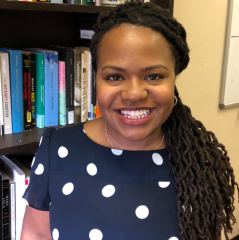
Robin Nelson
Arizona State University
Common Problems: (re)Considering biocultural theory and methods in the study created relations and everyday human crises
Kinship has been a central area of anthropological inquiry since the inception of the discipline. Since 2004, my own research has examined core concepts in anthropological studies of the family, including parental investment and extended kin care in the contemporary contexts of urban and migrating populations living in industrialized environments. In this talk, I will consider “common” evolutionary anthropological conceptualizations and assessments of investment, and how they structure our theory building and data collection, while sometimes obscuring the complexity of lived relations. With evidence from my research on created relations, kin investment, identity, and health at three sites, I suggest that a grounded biocultural theory may enable us to navigate some of the more complicated human behavioral patterns (such as intra-gender conflict and trans-generational antipathy) that have been relegated to anecdotes and cast aside in favor of more easily operationalizable data. Similarly, a better theoretical and methodological integration of the fluidity of relations while recognizing the everyday crises navigated by these relationships enables anthropologists to re-visit what we understand to be the core behaviors that have shaped human evolution over millennia.
April 17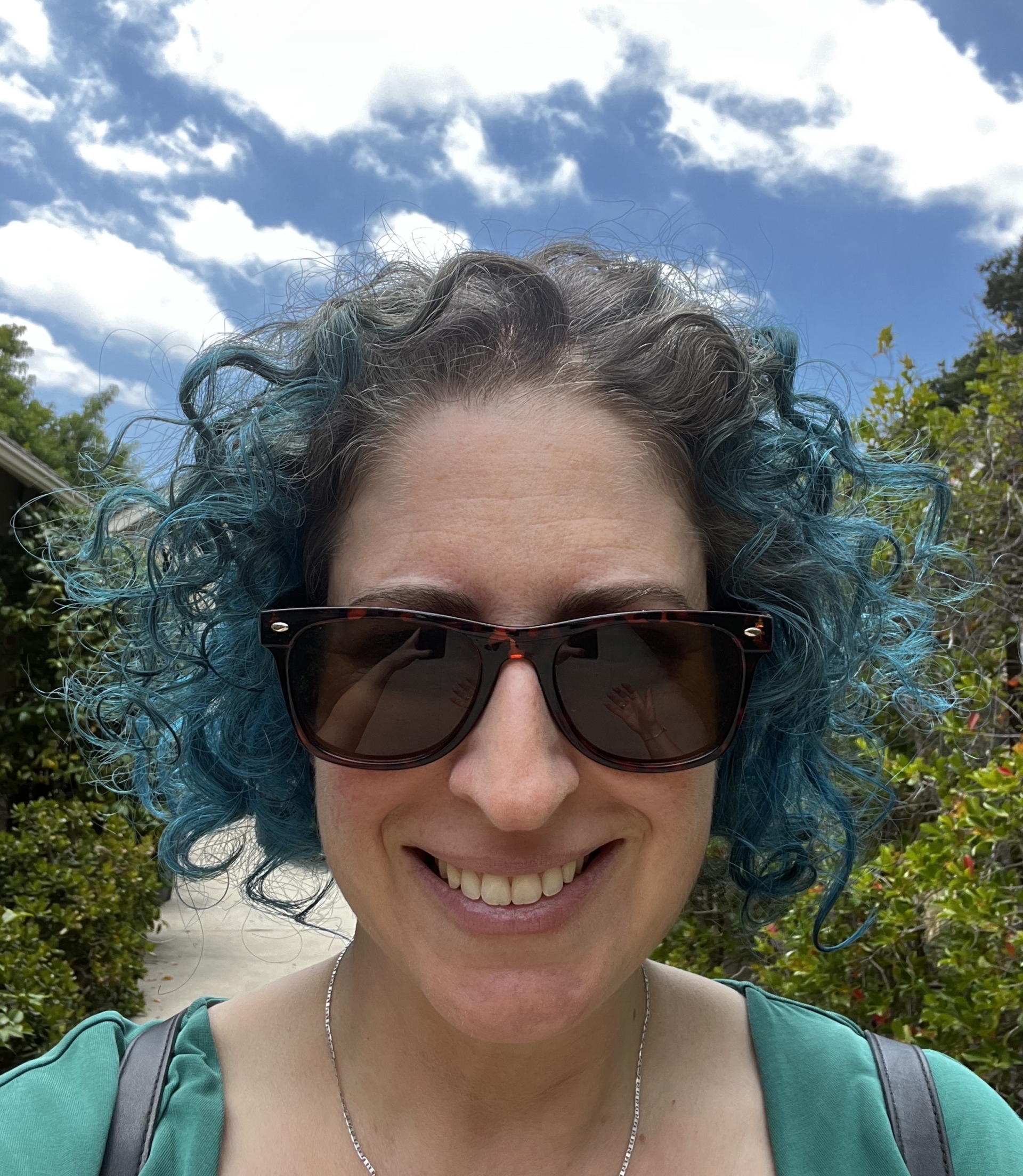
Lara deeb
Scripps College
What Will People Say? Love Across Difference in Lebanon
Intersectarian and interreligious marriages often provoke strong opposition from Lebanese of all sects and faiths. In this talk, Lara Deeb will share part of her book-in-progress, What Will People Say? Love Across Difference in Lebanon. Through mixed couples’ stories and the innovative ways many of them think about social difference and confront patriarchy, Deeb highlights the role of family and close social relationships in reproducing sectarianism and explores its impact on people at the personal level, outside the formal realms of law and politics.
May 8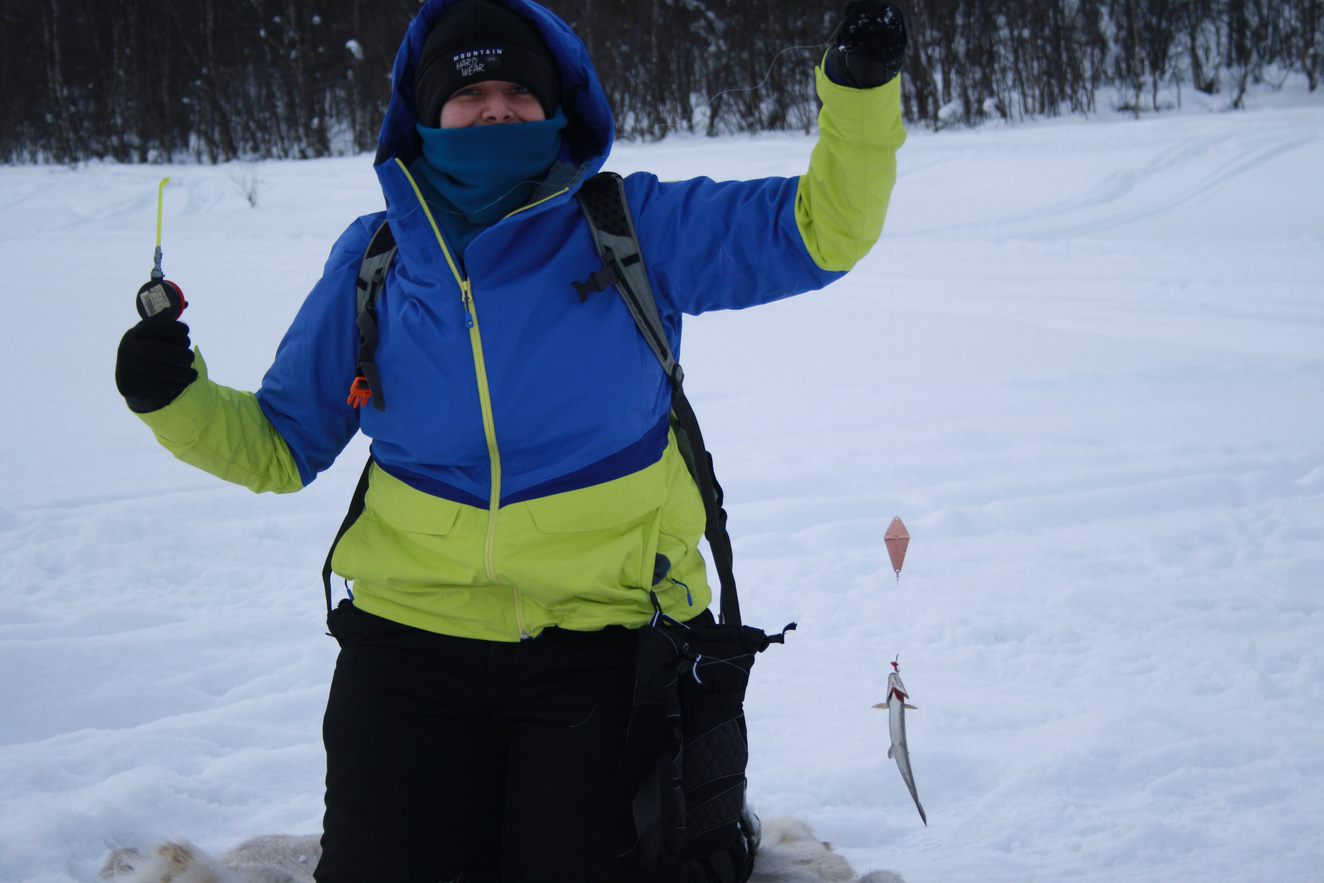
Cara ocobock
University of Notre Dame
“The Cold Never Bothered Me Anyway”: How Reindeer Herders of Sub-Arctic Finland Bioculturally Cope with the Cold
With mean annual temperatures ranging from 0.1 – 1.6°C and snow that reaches a depth of 72 cm, reindeer herders of sub-Arctic Finland negotiate not only a physically demanding livelihood, but also a harsh, cold environment. To understand what biological and behavioral adaptations herders employ to survive and thrive, I and my collaborators conducted physiological and ethnographic research among reindeer herders in northern Finland in October 2018 and January 2019. This research adds to the currently sparse understanding of biocultural resilience among modern cold climate populations, and provides key insights into the interaction between climate, health, and human evolution.
May 22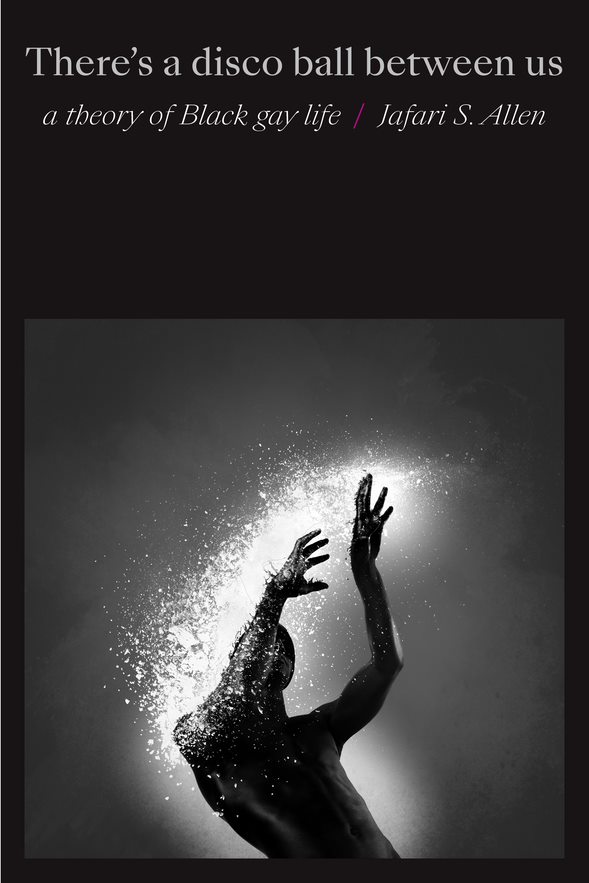
jafari allen
University of Miami
“The Anthropology of ‘What is Utterly Precious’: Black Feminist Habits of Mind, and the Object (and Ends) of Ethnography.”
The larger work out of which this short intervention emerges—There’s a disco ball between us: a theory of Black gay life-- inaugurates a form that builds upon the Black feminist imperative to produce purposefully embodied narrative theory, the queer mandate to resist or subvert normativity, and the ethnographic warrant to poetically represent lived reality. Here, we meditate on the “discipline” Marlon Riggs and other Black gay men, lesbians, trans, and bisexual cultural workers and intellectuals were engaged in, that he named “anthropology… the unending search for what is utterly precious” -- proposing some frameworks for ethnographic work drawn from this Black gay tradition of the long 1980s.
